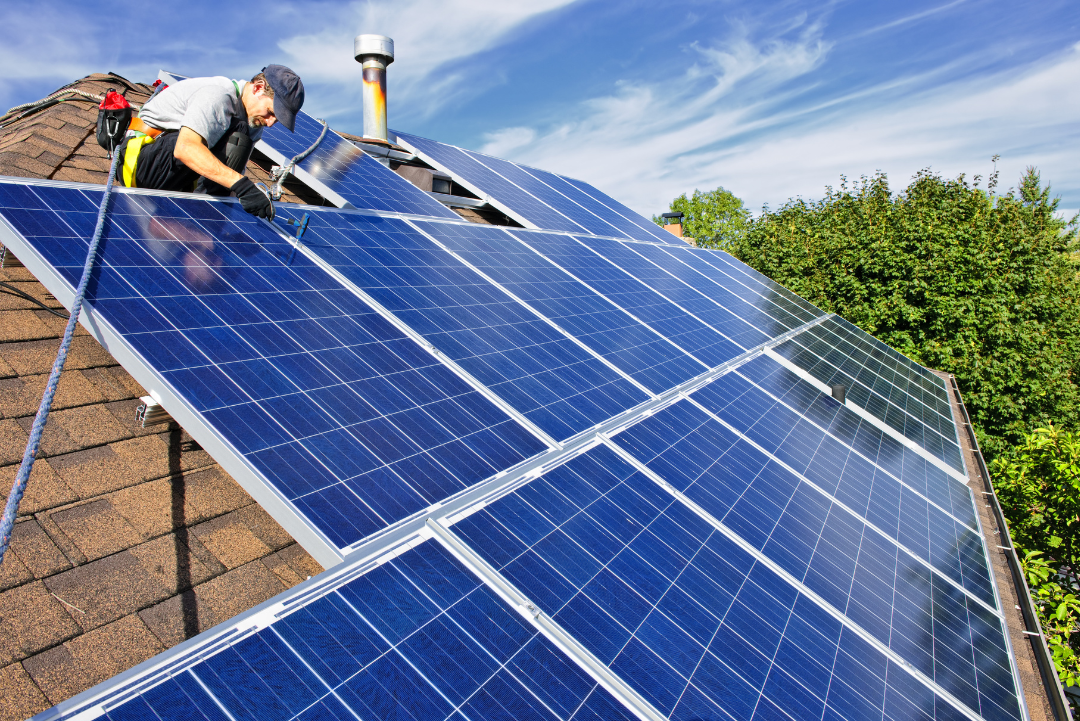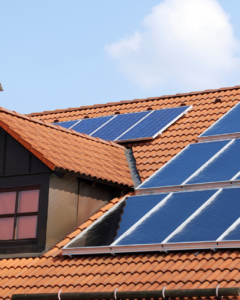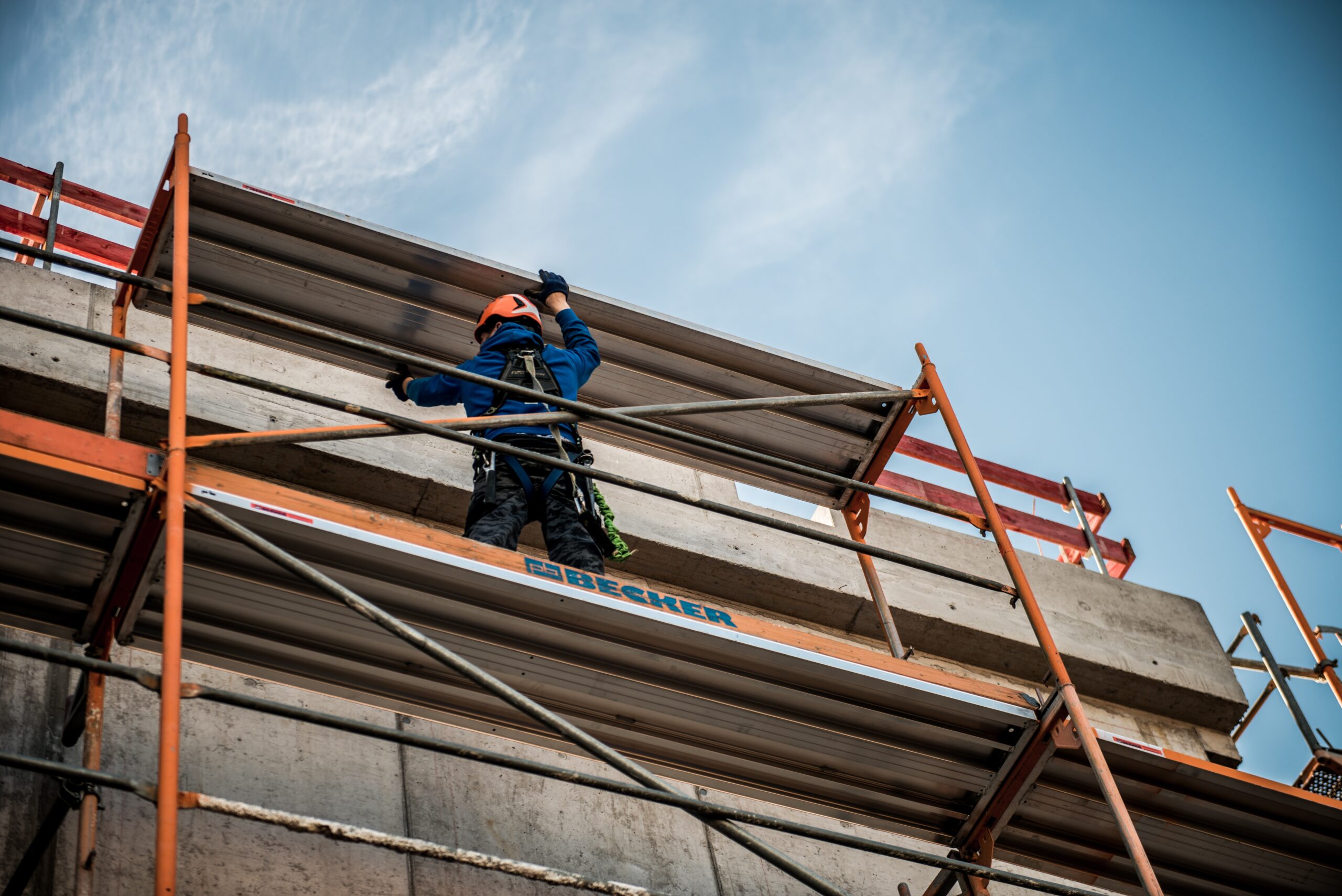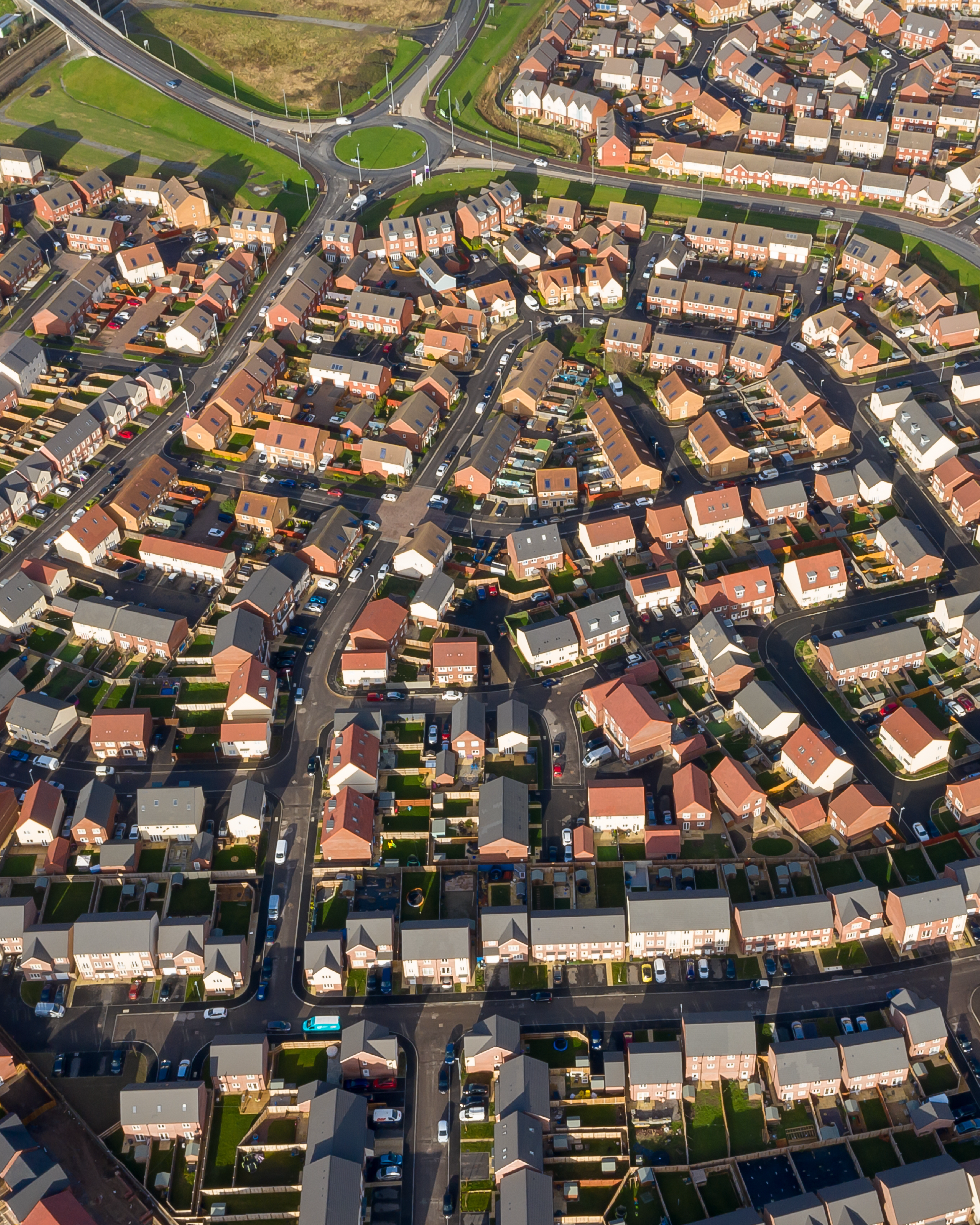

Evaluating the Impact of Whole-Home Retrofits: Insights from the National Energy Foundation
The National Energy Foundation (NEF) has recently published the outcomes of a comprehensive evaluation of 30 homes that underwent whole-home retrofits. The study was conducted over a 12-month period to assess the real-world performance of energy efficiency upgrades in residential properties.
What is a Whole-Home Retrofit?
A whole-home retrofit involves making a range of improvements to a home’s energy efficiency. These typically include upgrading insulation, windows, heating systems, and ventilation, as well as installing renewable energy solutions. The aim is to reduce energy consumption, enhance indoor comfort, and reduce the property’s environmental impact.
Key Findings
- Energy Consumption Reduction
The study found a significant reduction in energy consumption across the retrofitted homes. Many households experienced lower utility bills as a result of the improvements, including better insulation and more efficient heating systems. Some homes showed a reduction in heating demand by up to 30%, leading to substantial cost savings.
- Improved Indoor Comfort
Residents reported improvements in indoor comfort, including more consistent temperatures and better air quality. The retrofitted homes had fewer cold spots and drafts, making them more comfortable, particularly in colder months. The ventilation improvements also helped reduce moisture build-up and improve indoor air quality.
- Increased Property Value
The study indicated that homes that underwent retrofitting had higher market values compared to similar non-retrofitted properties. The improvements made these homes more attractive to potential buyers, as energy-efficient homes are increasingly sought after for their lower running costs and environmental benefits.
Conclusion
The NEF’s study highlights the positive impact of whole-home retrofits, both in terms of energy savings and improved living conditions. Homeowners who invested in retrofitting their homes not only benefited from reduced utility bills and enhanced comfort but also saw an increase in their property’s market value. These findings contribute to the growing evidence supporting the benefits of energy-efficient upgrades in residential properties.









